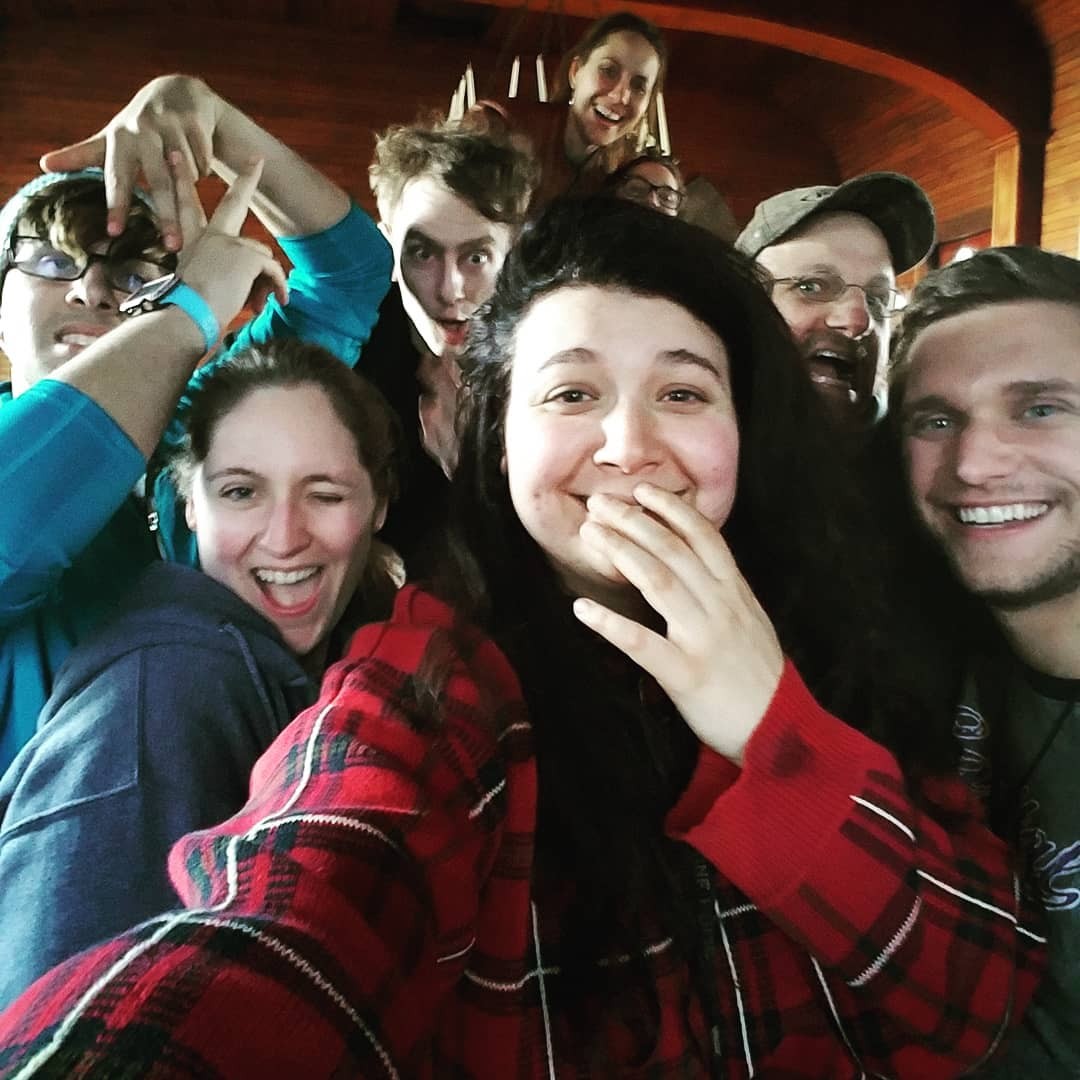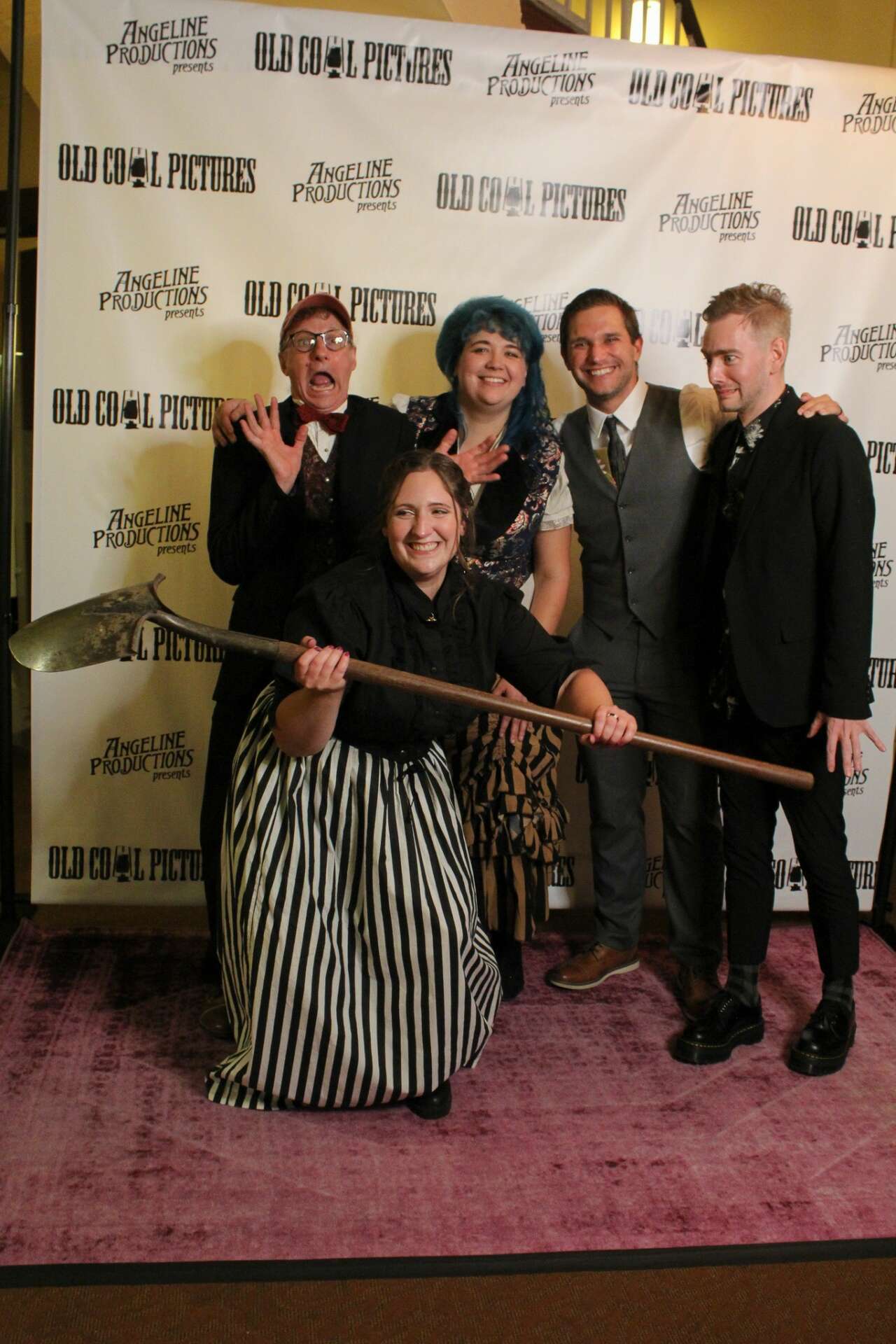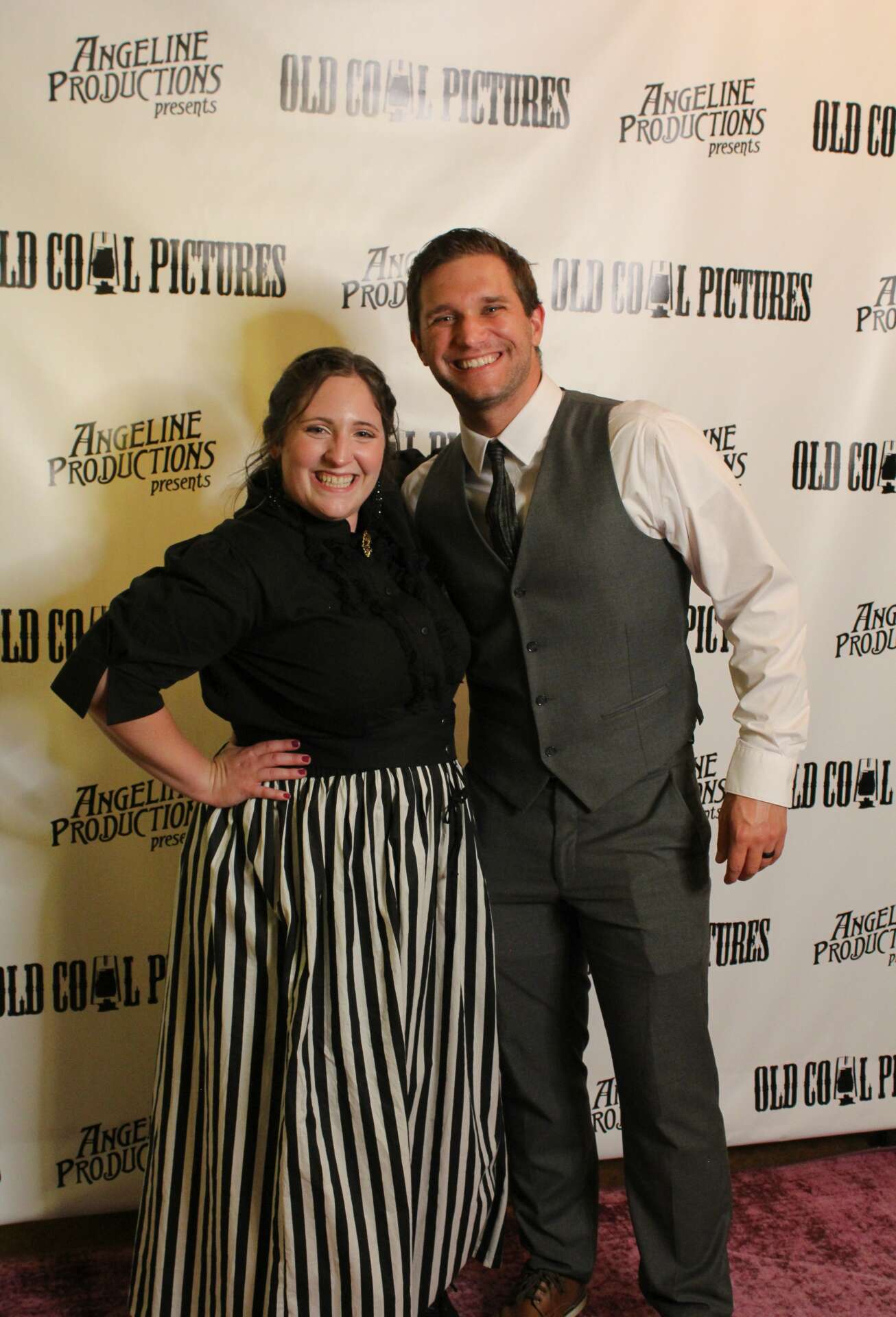We recently connected with Angeline Walsh and have shared our conversation below.
Angeline, appreciate you joining us today. It’s always helpful to hear about times when someone’s had to take a risk – how did they think through the decision, why did they take the risk, and what ended up happening. We’d love to hear about a risk you’ve taken.
In my view, making a conscious decision to pursue the life of a Creative is a risk. But it’s a meaningful one.
I graduated from college at the start of the pandemic. By late 2021, I felt like I was floundering. The kind of life I’d imagined for myself after I left school was much different from reality, and it didn’t seem as if my prospects were all that bright. The show that I had worked on for four years at that point (we’d wrapped production in June 2019) was in post-production hell, I was receiving nothing but rejection letters or silence from literary agents for a book project I was passionate about, and I felt like a failure, both professionally and artistically.
I had to ask myself a tough question: did I want to continue doing this? I’d been receiving rejections from literary agents since I was 14, and I didn’t see the point in writing if no one was ever going to read what I’d written. I was super proud of the show I made, but the distributors we’d approached didn’t see a “home” for it anywhere. I was heartbroken.
But I also knew that if I chose to pursue a “traditional” life – going back to school to get a degree in a lucrative field, working an office or corporate job – I’d experience heartbreak, too. I would undoubtedly have more financial security and I wouldn’t have to work “odd jobs” anymore. But I would also lose a lot of time and energy for working on my personal creative projects, and I wouldn’t know if I would have “made it” if only I’d kept pursuing my goals just a little bit longer.
The truth about life is that, no matter what path we choose to pursue, we are going to end up suffering in some way. I figured I could either suffer rejection and obscurity while working towards my creative goals, or I could suffer the loss of those dreams. I chose to suffer in the direction of my dreams.
I also discovered that there is a viable “third way” that no one ever really considers. When we discuss careers in the arts and entertainment, we often define success as fortune and fame or otherwise laud “starving artists” and other anguished artistic figures who are posthumously martyred. But there is a way to make a decent, stable living as a Creative, and with all the resources available today, an artist no longer needs to rely on industry gatekeepers to find their audience, promote their work, or find success.
As an independent filmmaker and writer, I don’t have the support of a major studio or publishing house. But I do have complete creative control over all of my projects, and that is ultimately more fulfilling to me than being “chosen.”
Angeline, love having you share your insights with us. Before we ask you more questions, maybe you can take a moment to introduce yourself to our readers who might have missed our earlier conversations?
I like to describe myself as an artist who challenges expectations and champions artistic freedom over commercial trends. The complete commodification of creative projects is something I push back against constantly. I think the way we both devalue art in the United States but also demand it to be immediately lucrative and available to the masses is a major failure of the collective imagination.
As a filmmaker who chooses to work outside of the Hollywood machine, I challenge myself to find new and better ways to make art despite the so-called standards. I think these efforts really shine through in my films because they were true collaborations and made in spaces where everyone’s voice was important. I think the audience can tell when something was made with a lot of heart and creativity and curiosity.
Have any books or other resources had a big impact on you?
“Letters to a Young Poet” by Rilke solidified my belief that creative work is spiritual and transformative. Ted Hope’s book on indie filmmaking, “Hope For Film” was a beacon of light to me when I began making my show independently. The films of Buster Keaton remind me that making and sharing films should be a joy, and that films don’t need to be complex to be beautiful and memorable.
Is there something you think non-creatives will struggle to understand about your journey as a creative?
There are a lot of disheartening things you hear and internalize growing up as a creative person. One of them, especially in the United States, is that art is frivolous and basically only good for entertainment. I couldn’t disagree more.
For myself – and plenty of others – art is not just a hobby, and it’s most definitely not a “distraction.” It’s the essence of life itself. There’s a saying that truth is sometimes stranger than fiction, but in my perspective, fiction is the truth. It’s the things we create – the things that stem from our imagination – that outlive us, that are eternal. Art transcends time. 
Contact Info:
- Website: www.angelineproductions.com
- Instagram: https://www.instagram.com/themodernvictorian/
- Youtube: https://www.youtube.com/@AngelineProductions
Image Credits
Amanda Farrenholz Giorgiana Lascu Nick Lemke


